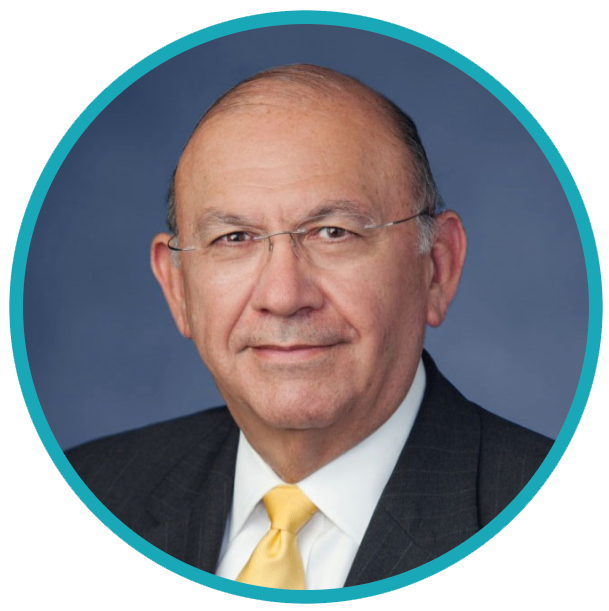The Value of CHEA Membership

Cesar Maldonado, Ph.D., P.E.
Chancellor, Houston Community College
“Accreditation is the bedrock of institutional quality and the focus of CHEA. But CHEA is so much more than that as it provides access to resources for quality assurance, opportunities for professional development and gives all its members a voice in advocacy and public policy.”
 Sharon B. DeVivo, Ph.D.
Sharon B. DeVivo, Ph.D.
President, Vaughn College
“As a small institution, we value the advocacy that CHEA provides and the opportunity to be part of the national conversation around quality, mission-based decision making, and diversity, equity and inclusion. Similarly, Vaughn College understands that students and families want a transparent pathway to degree attainment, and CHEA ensures that accreditation centers student learning and continuous improvement.”
 Darrell L. Cain, Ph.D.
Darrell L. Cain, Ph.D.
Interim President, Everett Community College
"The Council for Higher Education Accreditation (CHEA) is critical to our college's quality assurance. They give external validation of our educational programs and processes through their rigorous accreditation process, assuring students and stakeholders of our dedication to excellence. CHEA's invaluable guidance and standards help us continuously improve and meet the highest quality benchmarks, ultimately benefiting our students and the entire college community."
 Cynthia E. Spiers, Ph.D.
Cynthia E. Spiers, Ph.D.
President, Rhodes State College
“CHEA is a committed advocate for the quality of higher education and recognition of accrediting organizations. This commitment is demonstrated through established expectations for rigorous standards valued by stakeholders, accreditation independence, and a focus on shared accountability. Ultimately, accreditation is the “stamp of approval” that protects each student’s investment in higher education and the value it brings to their lives!”
 Lester C. Newman, Ph.D.
Lester C. Newman, Ph.D.
President, Jarvis Christian College
“As a member of the Council of Higher Education Accreditation (CHEA) and its Board of Directors, I can personally attest to CHEA’s commitment to serving the higher education community and the public through advocacy and leadership in assuring academic quality through accreditation. Moreover, it serves as a valuable resource for information and data about programmatic and institutional accrediting bodies and organizations in the United States. Thus, the significance of CHEA is simply immeasurable!”
 Dottie L. King, Ph.D.
Dottie L. King, Ph.D.
Past President, Saint Mary-of-the-Woods College
“At a time when the value of higher education is in question and the national dialogue often centers on compliance to regulation, it is more important than ever before that we uphold our promise of quality. Being accredited by a CHEA recognized accreditor and maintaining the high standards of peer-review are the best ways for us to demonstrate our commitment to our students’ success and providing high-value in our offerings.”
 Robert A. Clark, Ph.D., CFA
Robert A. Clark, Ph.D., CFA
President, Husson University
“Recognizing the critical importance of accreditation to higher education institutions CHEA was founded by its members to provide a non-governmental organization to guide and oversee a system of organizational accreditors. CHEA is a vital representative of higher education accrediting bodies that seek to demonstrate that they adhere to a rigorous review of standards for each organization. The CHEA awarding of accreditor recognition reflects that they have met the quality standard and institutions are able to recognize the organizations’ high standards. The essence of quality has always been foremost in the work overseen by CHEA and its members and will continue to uphold its work in the years ahead.”
 Anthony E. Munroe, Ph.D.
Anthony E. Munroe, Ph.D.
President, Borough of Manhattan Community College
“I believe that preserving the quality of higher education can be achieved in large measure by advocating for and securing the independence and value of accreditation organizations and standards. Ensuring that our institutions maintain the autonomy in defining quality, to enable them to graduate students with the capacity, skills, and knowledge to lead and participate in a healthy, equitable and inclusive society of active citizens and vibrant communities, is what CHEA is all about.”

